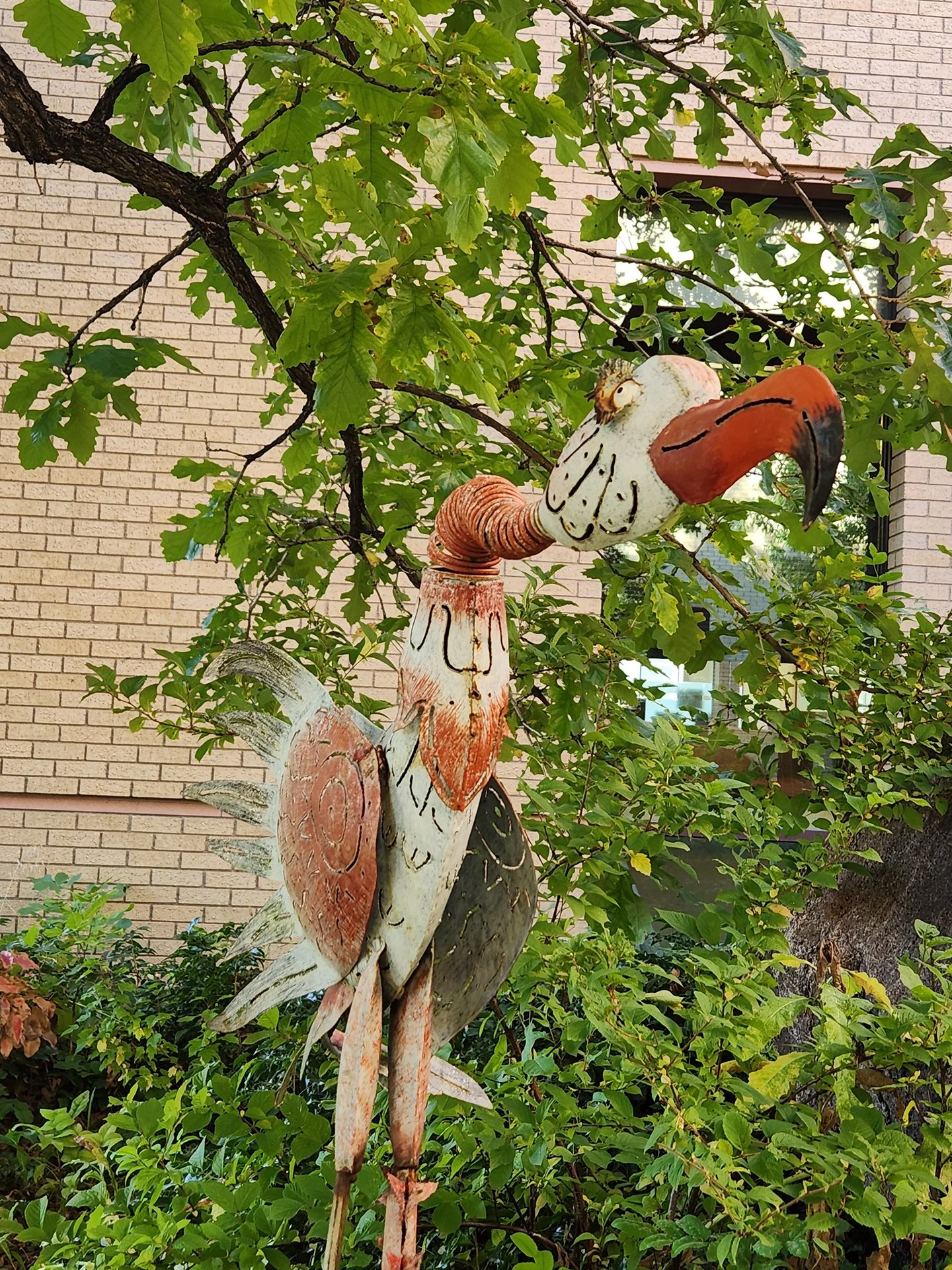Are Audacious Dreams Still Possible?
On June 8, 1965, a bear of a man shouldered a heavy pack and headed into the Wyoming wilderness for 30 days. Behind him were 43 boys hefting cobbled-together equipment lashed to military mortar packframes. It was the day Paul Petzoldt, a renowned mountaineer in his late fifties by then, brought his dream to reality: to start a wilderness leadership school where people could learn the skills to thrive in remote locations, to lead and teach others safely, and come back to town without causing harm to the environment. He called it the National Outdoor Leadership School (now known simply as NOLS).
It was a rag-tag dream built on little more than Petzoldt’s passion for the idea, financed by a few intrepid supporters. In the first years, getting by was a matter of “robbing Peter to pay Paul,” of spreading his infectious enthusiasm, writing 40 letters a day to prospective students, spending winters talking up his vision to university outdoor clubs and whoever else would listen. Legions of young people showed up at the school’s base in Lander, Wyoming, to play a part in bringing NOLS to life. Many were beneficiaries of Petzoldt’s famously-innovative “Pay Back When Able” scholarships. Student numbers abruptly tripled overnight when an article about NOLS was published in Life Magazine in December, 1969, followed the next month by a documentary on TV’s Alcoa Hour titled “Thirty Days To Survival.”
Petzoldt’s dream was audacious, and it also enjoyed great timing. The decades of the Sixties and Seventies were an era of restlessness and rebellion, and the numbers of people wanting what NOLS offered mushroomed. Petzoldt was nothing if not magnificent at making people believe in the impossible, telling them, Go for it. You can do this. The school caught on and survived deeply challenging times through the Eighties and Nineties, ultimately spreading to branch locations worldwide.
NOLS recently celebrated its 60th anniversary. How those now-aged pioneers got the job done is the source of lore and head-shaking stories. Equipment was sourced from government surplus stockpiles or created by Thelma, a seamstress who practically invented outdoors-wear. The school used cattle trucks for student transport when I left town for a two-week winter course in December, 1973. We got outfitted for a 1974 horsepacking course at the (leaky) former lumberyard which had been purchased and turned into an equipment depot and staging area. In those first years, staff displayed legendary levels of dedication and hard work, mostly just for the chance to be part of something cool. It certainly was not for the money. No one believed NOLS would ever evolve into a place where one could have a lifelong career (but it did).
It is a very compelling story.
Yet I have pondered this lately: what if someone like Petzoldt came along now, a quarter of the way into the first century of a new millennium? Would someone nowadays be able to get away with much, if anything, of what he did? What comes to mind instead is a raft of “but-first” tasks of compliance and permission and legal framework and certifications and endless assurances that nothing would or could possibly go wrong. This trend can be witnessed in ubiquitous signs and labels: bridges ice before roads, and consuming alcohol can be harmful to a fetus. Of course they do. Notices to proclaim protection from legal liability prattle on ad nauseum. Can anyone with a dream these days get anywhere?
One area of concern is the topic of judgment (a foundational pillar of a NOLS education). Judgment is a process of using thought and reasoning to make informed decisions. For example, I am clearly nowhere near underage, yet when I buy alcohol these days, the (poor) servers are tasked with seeing my ID. I protest the way our society no longer allows them the judgment to make that decision. Honestly! Modern society is increasingly averse to the possibility that something might not go “right.” And in uncertain situations, people who have not been given a chance to develop decent judgment are disturbingly paralyzed from making decisions. Watch: people just give up, often without even trying.
To Petzoldt, the development of judgment was crucial. As Simon Bolivar quipped, “Good judgment comes from experience, and experience comes from bad judgment.” Everyone makes mistakes, but the real tragedy is not learning from them. If we are so inured from the possibility of making a mistake, how are we to learn right from wrong, yes from no, grace in the face of things that didn’t go according to plan? In addition to judgment, some of the other transformative lessons of NOLS include how to tolerate adversity, how to trust one’s inner strengths, how to be resilient.
In a world where the trend is to find the easy way, I fear the losses in character development that are mounting because people are scared to try new things and learn from the experience. Petzoldt gave such opportunities to thousands of people, and they have passed his legacy along. But what would happen, I wonder, if someone with a NOLS-type dream were to come along these days? Would it ever be possible to realize it? This seems to me to be a sadly pertinent question.






